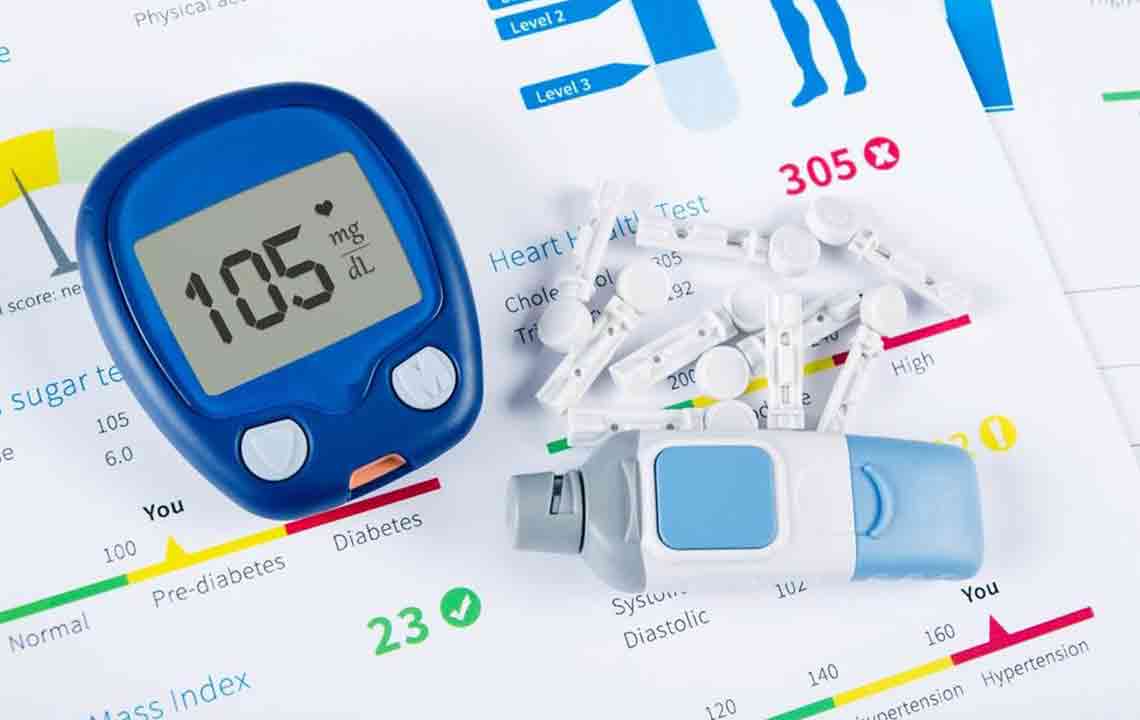Managing Stress to Prevent Early Diabetes Symptoms
Effective stress management is essential in preventing early symptoms of diabetes. Incorporating relaxation techniques, healthy habits, and social support can help regulate hormones and blood sugar levels. Prioritizing sleep and avoiding harmful substances further contribute to a healthier lifestyle and reduce the risk of developing diabetes. Implementing these strategies can lead to improved overall well-being and long-term health benefits.

Managing Stress to Prevent Early Diabetes Symptoms
Controlling stress is vital in preventing early signs of diabetes. Excessive stress can disrupt hormonal balance, raise blood sugar levels, and increase cravings for comfort foods, leading to health complications. Managing stress through regular exercise, yoga, meditation, and relaxation techniques can help. Avoiding unhealthy habits like skipping workouts, alcohol, or caffeine consumption is also important. Maintaining quality sleep, fostering social connections, and adopting healthy routines are essential steps. These practices support balanced hormones and can significantly reduce the risk of developing diabetes.
High stress levels can lead individuals to neglect healthy habits, such as regular exercise and balanced eating, which are crucial for blood sugar control. Stress often results in increased consumption of alcohol and caffeine, further disrupting hormonal balance and blood sugar regulation. Chronic stress has been linked to weight gain, obesity, and related health issues like diabetes, reinforcing feelings of depression and hopelessness. Learning effective stress management strategies, including natural therapies and social support, is key to maintaining health. Ensuring adequate sleep and healthy routines can help keep stress levels in check and prevent early onset of diabetes.
By adopting stress reduction techniques such as exercise, yoga, meditation, and the use of soothing essential oils, individuals can lower their risk. Connecting with loved ones or community groups offers emotional support. Experts recommend 7–9 hours of sleep per night to support hormonal health. Managing stress effectively helps control early diabetes signs, fostering a healthier, more balanced life.
Disclaimer:
The information shared on our blog covers various health topics, providing useful insights based on research and data. Readers should view these articles as informative rather than definitive. The editorial team is not responsible for inaccuracies or variations found elsewhere. Additionally, some offers or schemes may not be included, so explore other resources for comprehensive health guidance.









